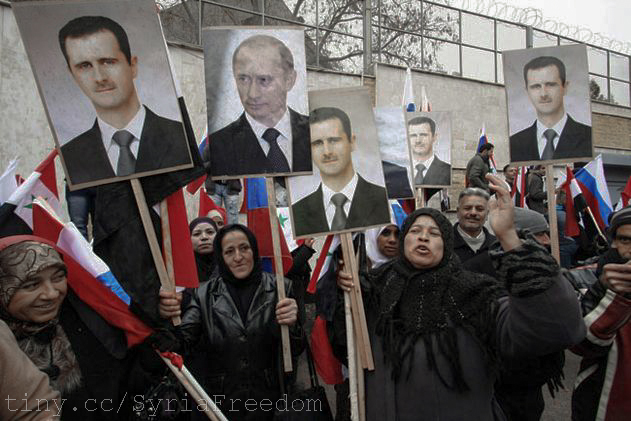
PRINCETON – The prospect of a US military strike on Syria has dimmed following President Barack Obama’s embrace of an international initiative to take control of Syria’s chemical-weapons stockpile. The eleventh-hour U-turn on the push for military action has come against a backdrop of intensifying diplomatic pressure from the international community to avoid escalation of the violence in Syria. And that outcome is not possible without Iran.
In a joint press conference with his Syrian counterpart, Walid al-Moallem, Russian Foreign Minister Sergey Lavrov tabled a proposal, originally agreed with Iran, calling for Syria to “place chemical weapons storage sites under international control.” The stockpiles would then be destroyed and Syria would fully join the international Chemical Weapons Convention. The second component of the Russian-Iranian proposal calls for international efforts, under the auspices of the United Nations Security Council, to rein in Syrian rebel forces’ chemical-weapons capabilities.
Moallem immediately embraced the proposal. Hours later, UN Secretary-General Ban Ki-moon did as well, while Obama said that “I fervently hope that this can be resolved in a non-military way.”
This initiative would allow Obama to escape from a messy political and foreign-policy predicament. But the matter is far from settled: Obama has not ruled out a military strike. So here are 12 reasons why America should grasp the opportunity for a diplomatic resolution afforded by the Russian-Iranian plan.




